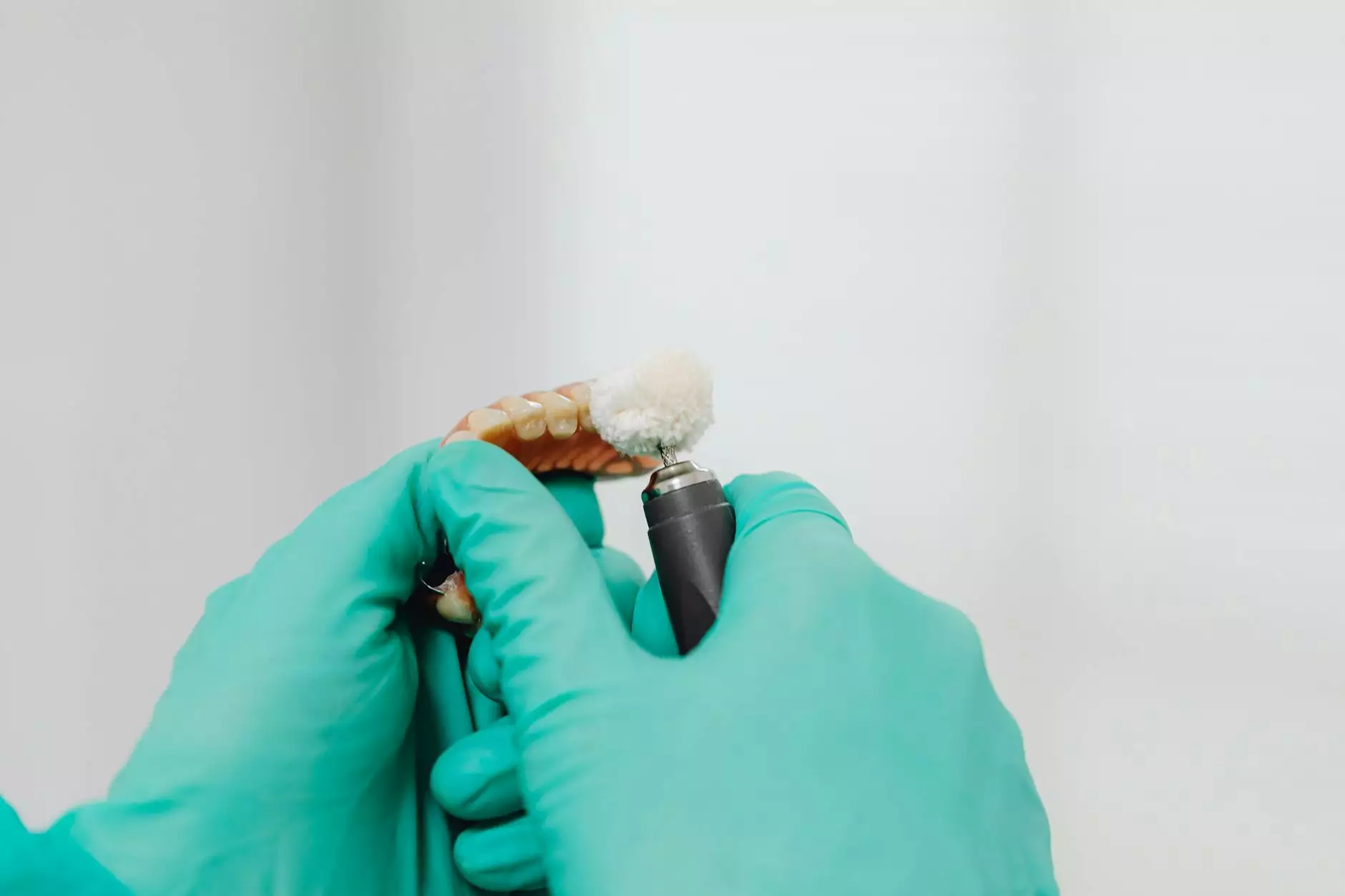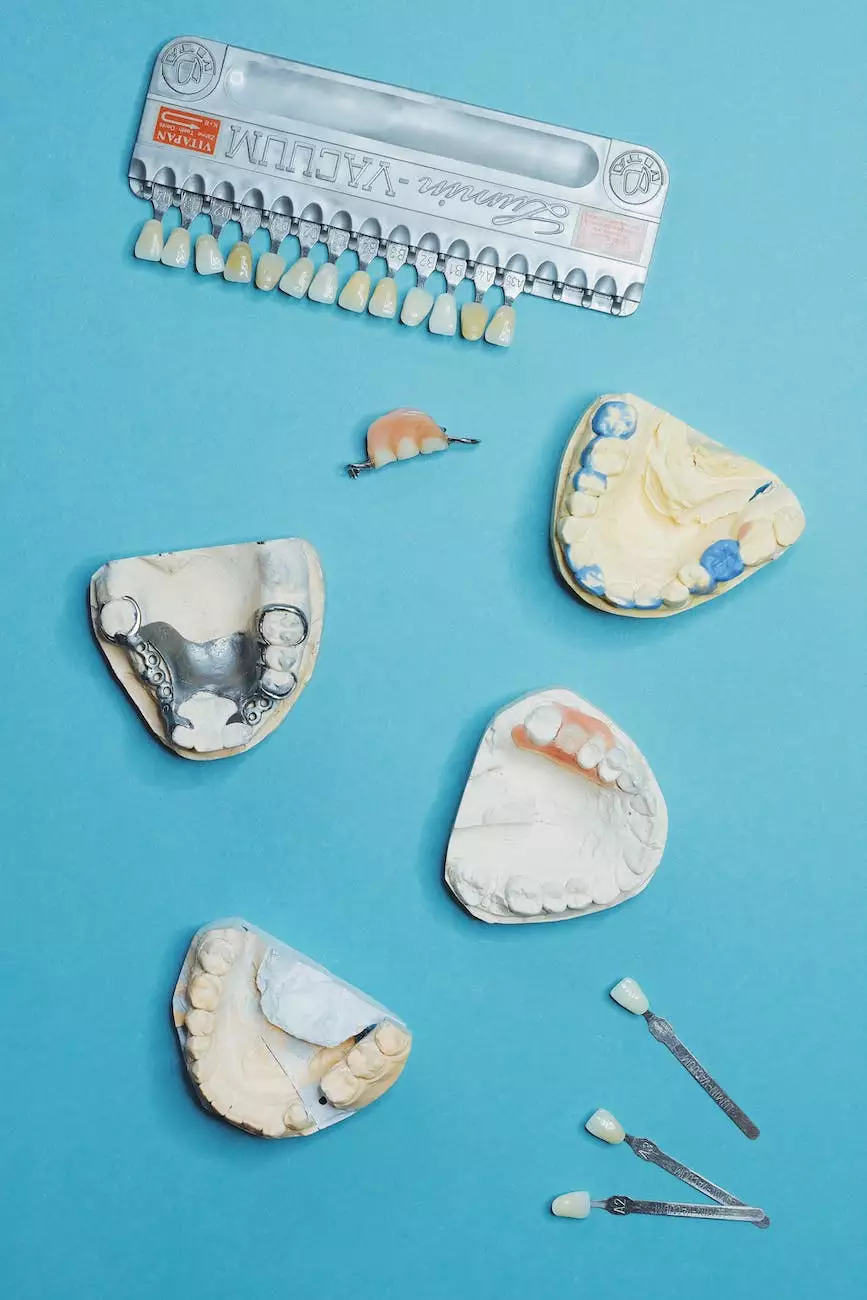Teeth Whitening: Baking Soda vs. Charcoal
Teeth Whitening
Introduction
Looking to brighten your smile? Teeth whitening has become a popular cosmetic dental procedure, with various methods available. In this article, we will explore two commonly used substances for teeth whitening: baking soda and charcoal. We will discuss their effectiveness, safety, and long-term effects, providing you with all the information you need to make an informed decision.
Teeth Whitening with Baking Soda
Baking soda, also known as sodium bicarbonate, is a versatile household product with numerous uses, including teeth whitening. Many people turn to baking soda as an affordable and natural way to brighten their smiles.
When used as a teeth whitening agent, baking soda works as a mild abrasive that helps scrub away surface stains on the teeth. It helps neutralize acidic conditions in the mouth, which can contribute to tooth discoloration. Additionally, baking soda has antibacterial properties that can help reduce plaque and improve oral health.
It is important to note that while baking soda can be effective in removing surface stains, it may not be suitable for deep stains or discoloration caused by factors such as aging or certain medications. If you have severe tooth discoloration, it is recommended to consult with a dental professional for alternative treatments.
Teeth Whitening with Charcoal
Charcoal, specifically activated charcoal, has gained popularity in recent years as a natural teeth whitening method. Activated charcoal is a highly absorbent substance that can bind to toxins and stains on the teeth, making it an effective whitening agent.
Charcoal toothpaste or powder usually contains activated charcoal derived from sources like coconut shells. When applied to the teeth, it absorbs surface stains and toxins, resulting in a brighter smile. It is important to note that charcoal products should be used with caution, as they can be abrasive and potentially damage the enamel if used excessively or improperly.
While some individuals have reported positive results with charcoal teeth whitening, it is essential to understand that scientific research on its long-term effects and safety is limited. Consulting with a dental professional is recommended to ensure you are making a well-informed decision.
Professional Teeth Whitening
While home remedies like baking soda and charcoal may help remove surface stains, professional teeth whitening procedures offer more effective and long-lasting results. At Marvin Blumentritt, DMD - Troy Dental, we provide professional teeth whitening services designed to brighten your smile safely and efficiently.
Our experienced dental professionals use advanced whitening techniques and high-quality whitening agents to ensure optimal results. With professional teeth whitening, you can expect a significant improvement in the whiteness of your teeth, removing both surface stains and deeper discoloration.
The Importance of Dental Consultation
When it comes to teeth whitening, it is crucial to consult with a dental professional before deciding on a method. Every individual's oral health is unique, and what works for one person may not be suitable for another. A dental consultation will help determine the best teeth whitening option based on your specific needs and any underlying dental conditions.
Conclusion
In summary, both baking soda and charcoal offer potential benefits for teeth whitening. Baking soda acts as a gentle abrasive and neutralizes acidic conditions, while charcoal absorbs stains and toxins. However, it is important to exercise caution and seek professional advice to ensure safety and effectiveness.
If you are looking for professional teeth whitening services, Marvin Blumentritt, DMD - Troy Dental is here to help. Our experienced team will assess your individual needs and provide you with a personalized treatment plan to achieve a brighter, more confident smile. Contact us today to schedule a consultation!










